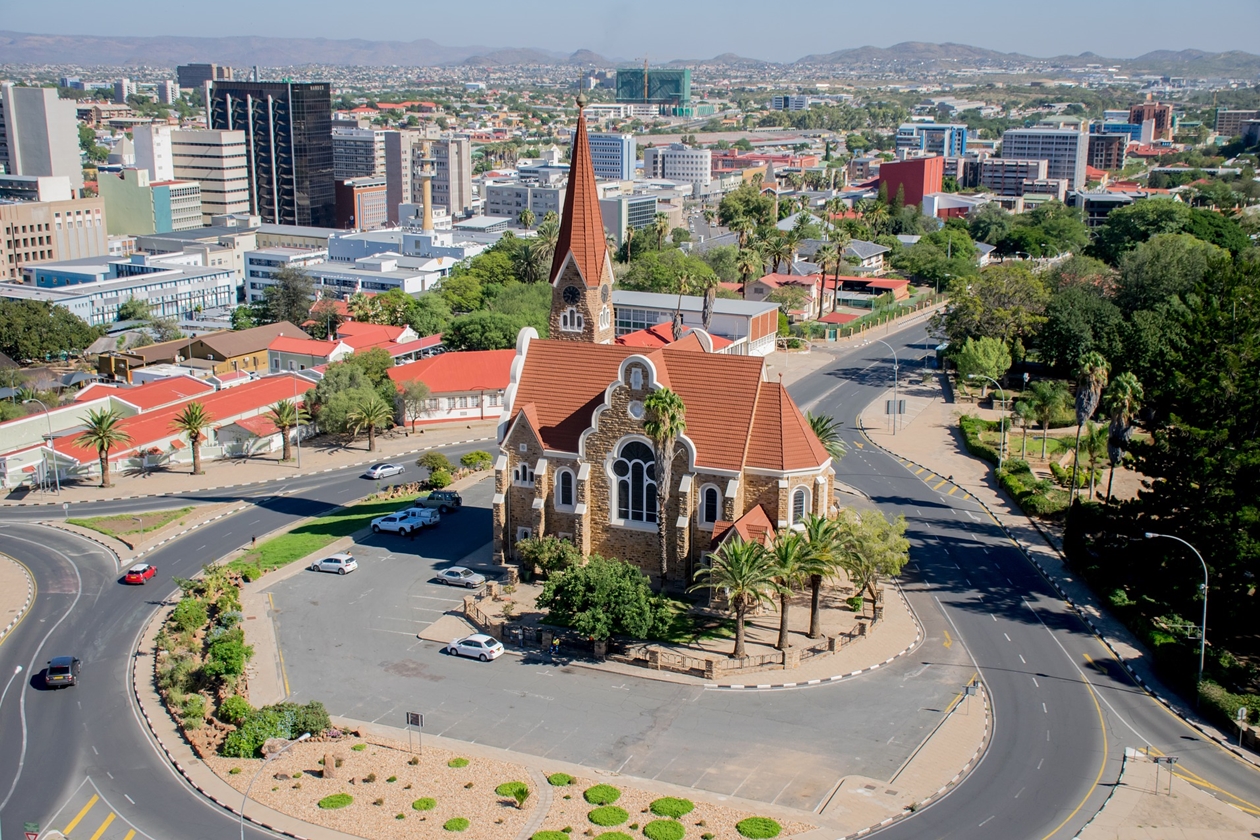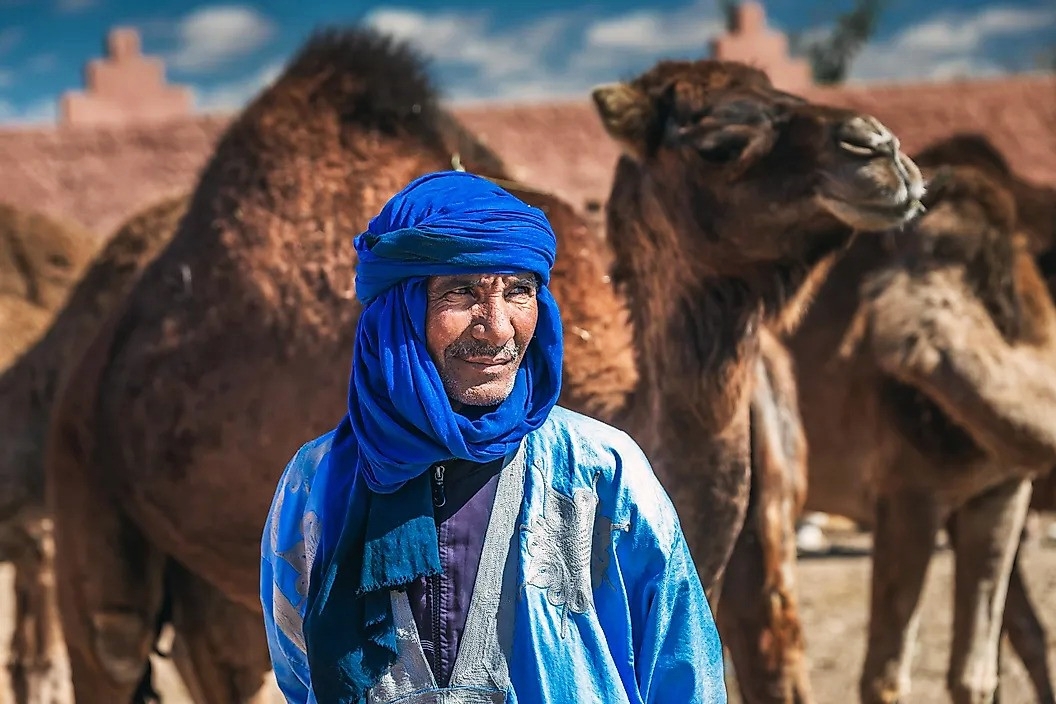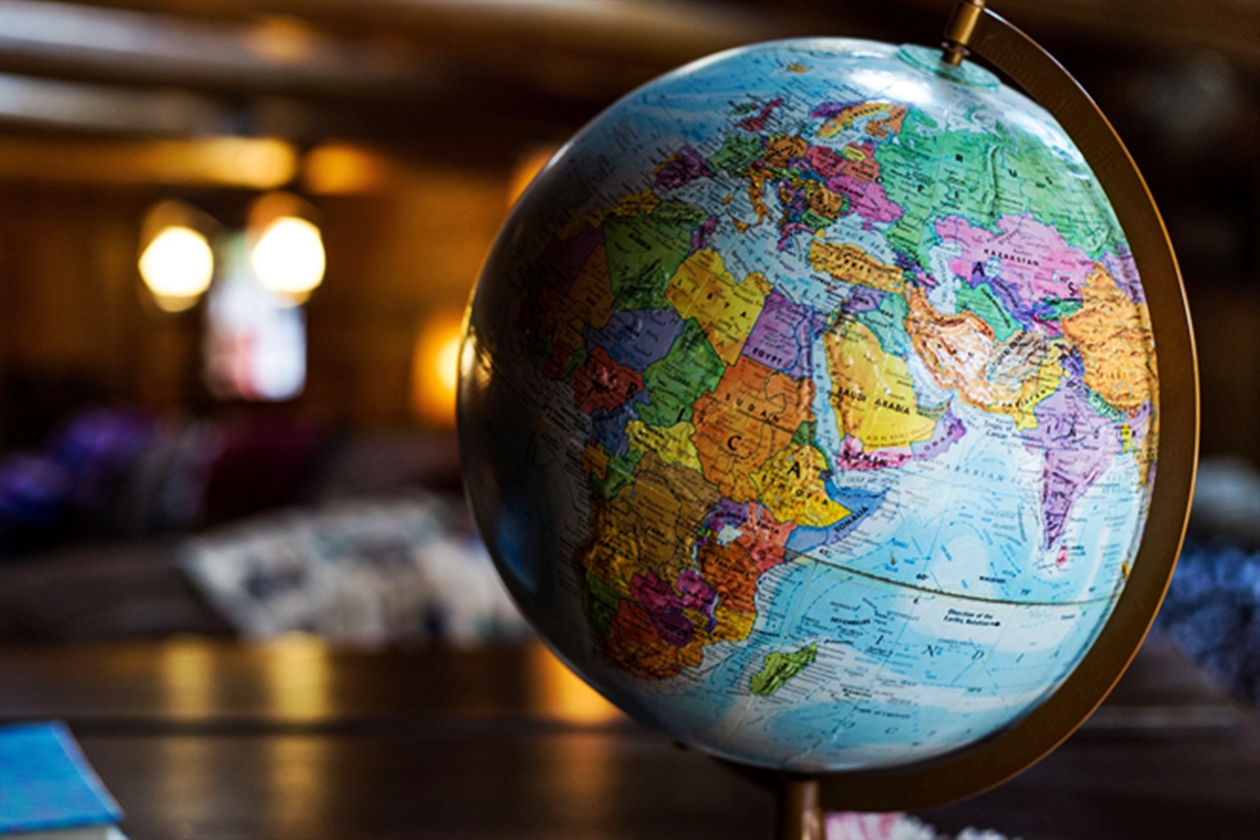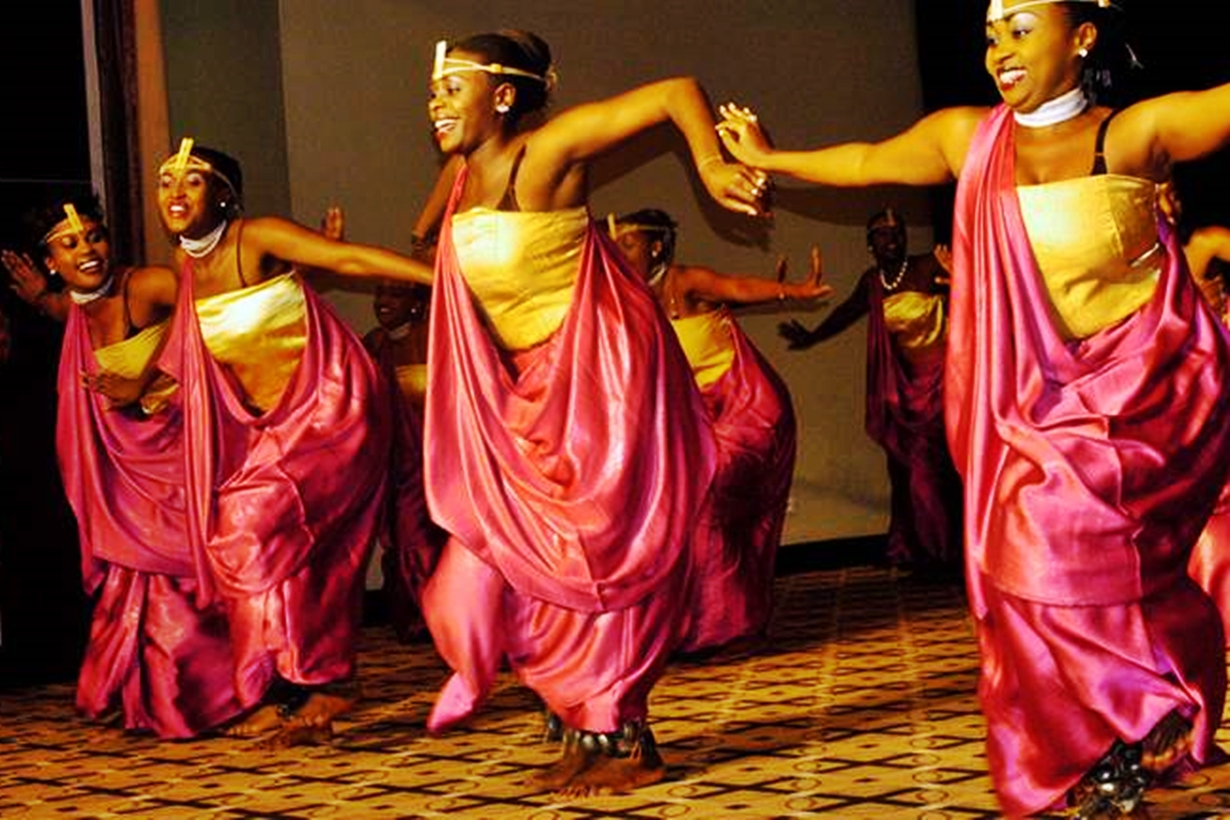A Vibrant Exploration of Ethnic Groups in Africa
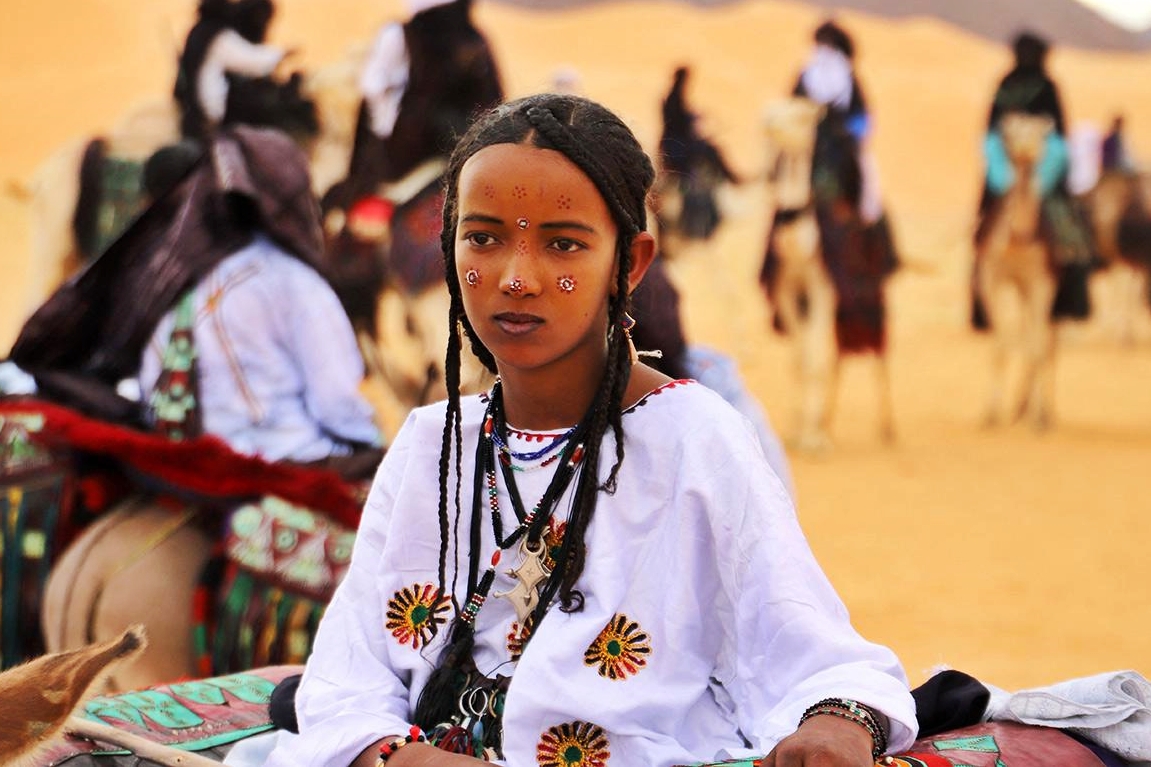
Tuareg women, a nomadic Berber ethnic group ( Photo: Getty Images )
Hey there, cultural explorers and curious souls! Get ready to embark on a fascinating journey through the rich tapestry of ethnic diversity that defines the African continent. From the nomadic Tuaregs of the Sahara to the warrior Maasai of East Africa, Africa is a melting pot of cultures, traditions, and identities waiting to be discovered. So, let's dive deep into the kaleidoscope of African ethnicity and uncover the hidden gems that lie within!
The Mosaic of Identity: Understanding African Ethnic Groups
Africa is home to thousands of ethnic groups, each with its own unique language, customs, and way of life. From the Berbers of North Africa to the Bantu peoples of Southern Africa, the continent's ethnic diversity is as vast and varied as its geography. Let's take a closer look at some of the fascinating ethnic groups that call Africa home:
1. Tuareg: Nomads of the Sahara
The Tuareg are a nomadic Berber ethnic group that traditionally inhabit the vast expanse of the Sahara Desert. Known for their distinctive blue clothing and intricate jewelry, the Tuareg have a rich cultural heritage that revolves around nomadic herding and trade.
2. Maasai: Warriors of East Africa
The Maasai are a semi-nomadic ethnic group located primarily in Kenya and Tanzania. Renowned for their distinctive red clothing, elaborate beadwork, and fearless warrior culture, the Maasai have captured the imagination of people around the world with their unique way of life.
3. Yoruba: Guardians of West African Tradition
The Yoruba are one of the largest ethnic groups in West Africa, with a rich cultural heritage that spans centuries. Known for their vibrant festivals, intricate artwork, and deep spiritual beliefs, the Yoruba have made significant contributions to the cultural landscape of Nigeria and beyond.
Visualizing Ethnic Diversity: A Map of African Ethnic Groups
To help you visualize the rich tapestry of African ethnic diversity, here's a map highlighting some of the continent's major ethnic groups:
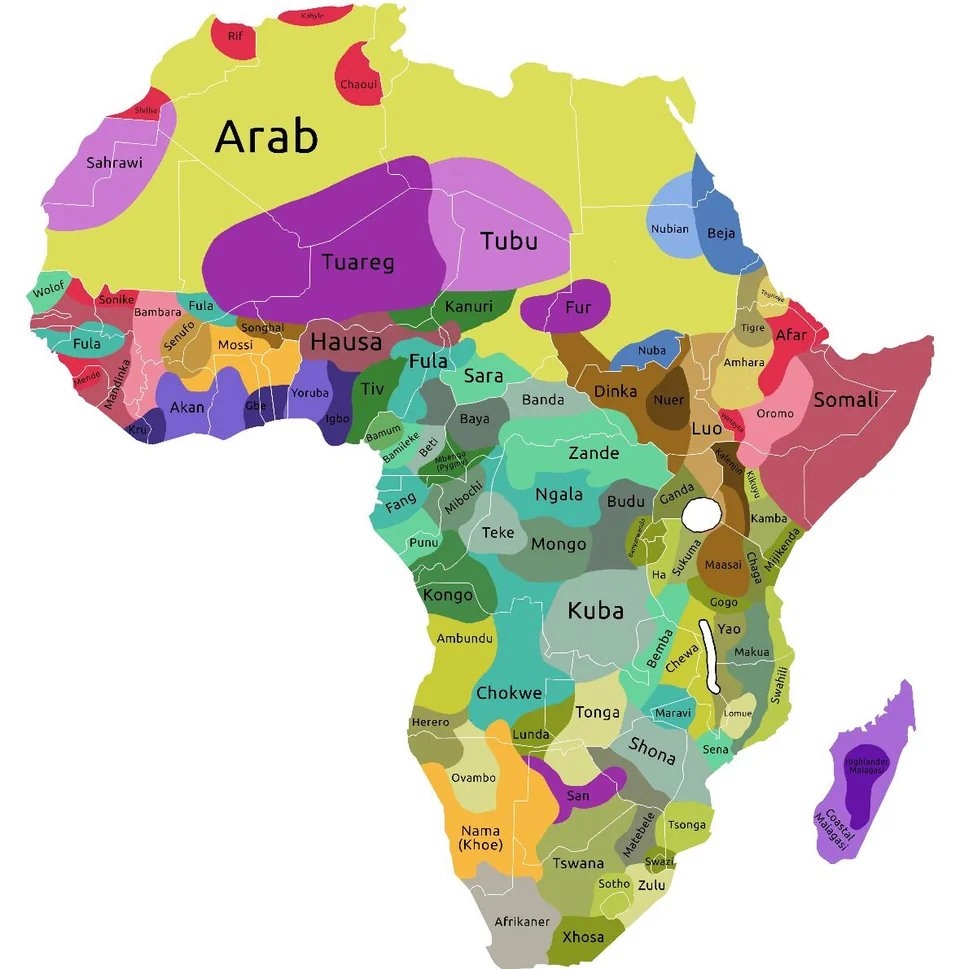
Note: This is a simplified representation of the ethnic diversity of Africa.
Photo Credit : Civixplorer
FAQs: Curious Inquiries about African Ethnicity
Q: How many ethnic groups are there in Africa?
A: Africa is home to thousands of ethnic groups, each with its own unique language, customs, and traditions. While it's difficult to provide an exact number, estimates suggest there are over 3,000 distinct ethnic groups in Africa.
Q: What factors contribute to ethnic diversity in Africa?
A: Ethnic diversity in Africa is influenced by a variety of factors, including historical migrations, geographical features, and colonial boundaries. The continent's diverse landscape and rich cultural history have contributed to the proliferation of ethnic groups over millennia.
Q: How do African ethnic groups contribute to cultural heritage?
A: African ethnic groups play a vital role in preserving and promoting cultural heritage through language, music, dance, art, and storytelling. Each ethnic group has its own unique traditions and practices that contribute to the rich tapestry of African culture.
Conclusion: Celebrating Diversity, Unity, and Identity
As we conclude our journey through the vibrant tapestry of African ethnicity, let us celebrate the diversity, unity, and resilience of the continent's people. Whether you're captivated by the nomadic lifestyle of the Tuareg, inspired by the warrior ethos of the Maasai, or enchanted by the cultural richness of the Yoruba, one thing is clear: Africa's ethnic groups are a testament to the beauty and complexity of human identity. So, let's embrace the cultural kaleidoscope of Africa and revel in the endless possibilities of diversity, unity, and identity. After all, in the words of Ghanaian philosopher Kwame Anthony Appiah, "We are each made for goodness, love, and compassion. Our lives are transformed as much as the world is when we live with these truths."

